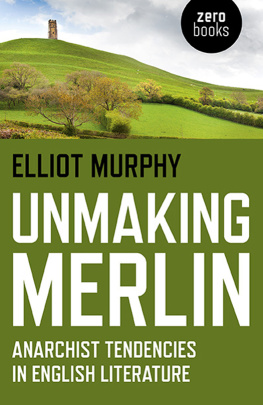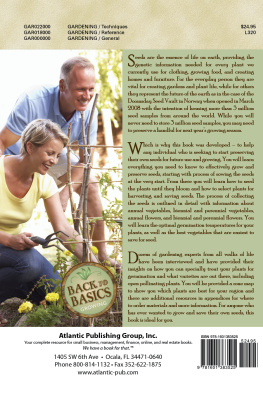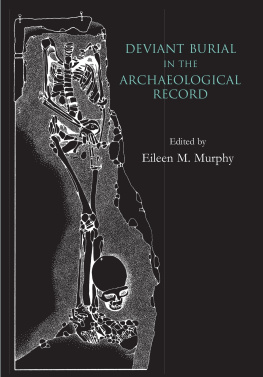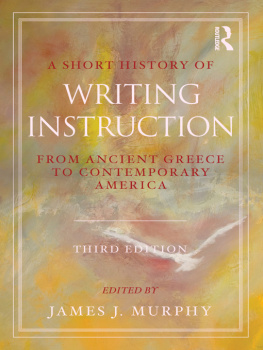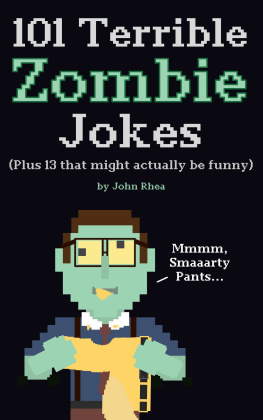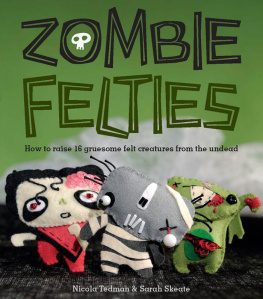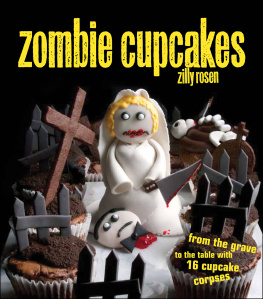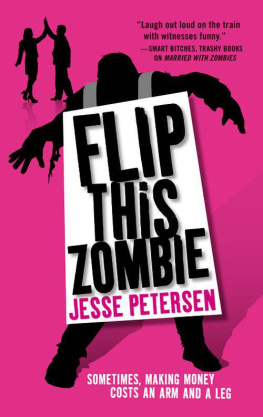Zombie University
Zombie University
Thinking Under Control
Sinad Murphy
Contents
The fierce poet of the Middle Ages wrote, Abandon hope, all ye who enter here, over the gates of the lower world. The emancipated poets of today have written it over the gates of this world. But if we are to understand the story which follows, we must erase that apocalyptic writing, if only for an hour. We must re-create the faith of our fathers, if only as an artistic atmosphere. If, then, you are a pessimist, in reading this story, forgo for a little the pleasures of pessimism. Dream for one mad moment that the grass is green. Unlearn that sinister learning that you think so clear; deny that deadly knowledge that you think you know. Surrender the very flower of your culture; give up the very jewel of your pride; abandon hopelessness, all ye who enter here.
G.K. Chesterton, Charles Dickens
Zombie University
Thinking Under Control
They were the worst of times because they were the best of times; times in which dissent was forbidden, not by the dispersal of dissenters but by their assembly; times in which protest was refused, not by the containment of expression but by its freedom; times in which the people were kept in ignorance, not by narrow educational channels but by immeasurably wide ones; times in which we were made to forget the evils all around by hysterical remembrance of evils dead and gone; in which we were half-dead, not from neglect but from care, and half-mad, not from silence but from talk, and starved out of our wits from much too much to eat; in which want had the form of plenty, and dearth the form of glut, and no one could think their way out, not because there was too little time to think but because there was far too much.
There is in these times such an explosion of thinking, such licence to think and rethink, to think from all angles and all perspectives, to think of ourselves and of others and of others like ourselves and of others unlike others, to think and think and think again, that we cannot any longer think straight.
What It Is Like
Binge Thinking
In August 2013, the BBCs Jeremy Paxman interviewed the actor and comedian Russell Brand. YouTube footage of the interview has so far received over ten million hits, as we have played and replayed Brands lively castigation of these worst of times. And yet, right in the middle of the interview, even Brands bawdy irreverence reached an all-too-familiar limit: when Paxman asked him to propose an alternative political system to the one that is currently in place, Brand replied, Ive not invented it yet, Jeremy. Ive had a lot on my plate. But heres the thing it shouldnt do What would the revolution be like? Paxman later asked, for a second time inviting Brand to recommend to us another form of life. But, What it wont be like, Brand once again resorted to answering. Whats the scheme? Paxman asked, in a third and final attempt to draw from Brand something like a positive vision. And Brand, for a moment, responded, beginning to prescribe for us a socialist egalitarian society before once again merely chiding, Jeremy, dont ask me to sit here in an interview with you in a bloody hotel room and devise a global utopian system. Russell Brand, who may have been fated to found another future for humanity, three times denied that he could see any future for us at all.
And Russell Brand is not alone failure to answer the Jeremy Paxman question has defined the political left in our times. We know that things are bad. We know that things must change. But we cannot seem to think how, while those on the right grow more and more articulate and more and more popular.
Why should this be? Why should we on the left be unable to think of what to do? The answer is this: we cannot think of what to do because we cannot think. Not anymore. Worse than that: our efforts to think are the way in which we are prevented from thinking.
This can be illustrated pretty quickly. As part of his evasion of Paxmans question, Brand claimed that there are plenty of people far more qualified than he is, who can prescribe for us the alternative future about which Paxman inquired. Brand did not elaborate on who these more qualified people might be, but it seems reasonable to suppose that they include the likes of left-wing academics, perhaps, and editors of left-wing publications. Well then, let us look at these more qualified people in action
In March 2012, the renowned left-wing publication New Left Review carried an article by the renowned leftwing academic, T.J. Clark, in which Clark addressed the problem of what we are calling these worst of times. Now, leaving aside the details of Clarks offering, consider the response that it provoked, published in the same edition of New Left Review and contributed by the journals editor, Susan Watkins. You see, Watkins took issue with Clarks description of these worst of times, not so much because she regarded the description as wrong, but because Clark had the daring to propose it at all. Nothing in Clarks description provoked Watkins censure as much as that Clark suggested such a description in the first place. Clarks offering, according to the editor of New Left Review, was simply the wrong kind of thing.
So what kind of thing is it, the wrong kind of thing? Nothing other than the giving of an opinion, and the supporting of that opinion with evidence and argument. In short, nothing other than what used to count for thinking.
At Clarks article, Watkins levelled the following comprehensive criticism:
Modernity in his work is endowed with truly Weberian grimness which is not to say that it has acquired conceptual coherence. Lacking any satisfactory definition, or agreement over its sphere of application (culture, ethos, social order), causes (Protestantism, capitalism, consumerism) or periodization (end of feudalism, Enlightenment, 1850, 1905), modernity has come to function as a pseudo-concept, a placeholder that averts the need for deeper enquiry.
Because Clark did not postpone his description of these worst of times, in order to do a whole range of other things, for Watkins the object of Clarks description these worst of times is but a pseudo object, a placeholder as she called it, designed to avert the need for the deeper enquiry that, for Watkins, counts as real thinking. If Clarks mode is the wrong kind of thing, then this deeper enquiry is clearly the right kind of thing.
So what kind of thing is it, the right kind of thing? It involves defining our object in terms of its causes and extent. In Clarks case, this would mean defining these worst of times in terms of the conditions from which they arose, in terms of the period of time over which they have extended and are likely to extend, and in terms of the areas of human life over which they exert control. And, crucially, it would mean thus defining these worst of times in order to earn the right to discuss these worst of times.
All quite right and proper, you might think. And, indeed, questions of the conditions from which our times arise or of the period of time over which they extend or of the spheres of existence in which they operate are interesting and important. But, to be obliged to answer these questions before beginning to speak of our times to be open to allegations of pseudo-thinking by speaking of our times without having answered these questions is a fools game. For, look at what resulted from the deeper enquiry that Watkins regards as her, and our, intellectual duty: of these worst of times, Watkins ended her reply to Clark simply by observing that no uniform ethos, habitus or particular way of being human is discernible across this varied landscape.
Next page

